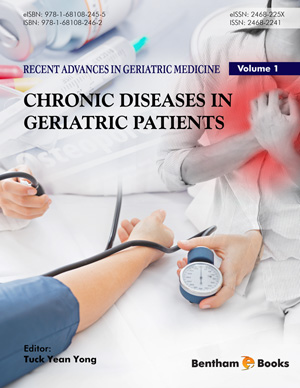Abstract
The prevalence of heart failure rises with increasing age. Although patients with heart failure are mainly elderly (age ≥65 years), evidence for efficacious diagnostic and therapeutic approaches are limited in this population. Diagnosis of heart failure in older people is challenging because of comorbidities masking symptoms and signs; different diagnostic cut-offs of natriuretic peptides; and the high prevalence of heart failure with preserved ejection fraction (HFPEF). Geriatric syndromes (such as cognitive impairment, frailty, falls and incontinence) are common in heart failure and can affect patients’ prognosis. In older patients with reduced ejection fraction, angiotensin-converting enzyme inhibitors, angiotensin receptor blockers and betablockers have improved clinical outcomes. However no therapeutic strategy has yet been found to improve prognosis of HFPEF which affect many older people.
Keywords: Ageing, Cardiac devices, Diagnosis, Ejection fraction, Elderly, Geriatric syndromes, Heart failure, Left ventricular function, Systolic dysfunction, Therapy.






















